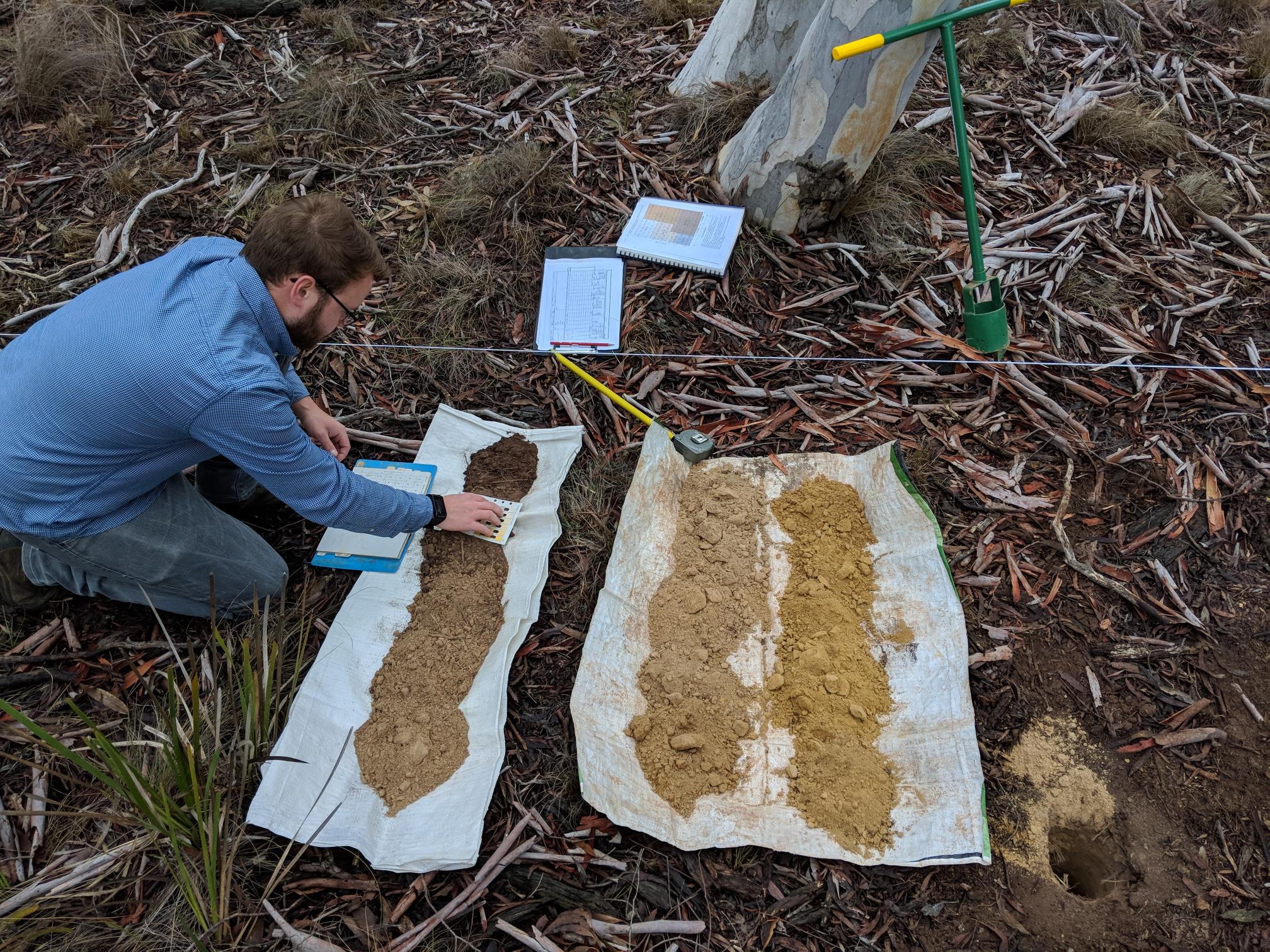When colleagues from the German Society for International Cooperation Deutsche Gesellschaft für Internationale Zusammenarbeit (GIZ) GmbH invited me to Berlin for the Partners for Change – SOILutions for a Food Secure, Resilient, and Sustainable Future conference, I knew this wasn’t just another conference. As CEO of Mulloon Institute and an ELD – Economics of Land Degradation Initiative member, I was joining a critical conversation about scaling soil restoration globally.
Australia’s Proven Formula
Speaking to the Plenary Session on Enabling Environments, I shared what’s worked in Australia: combining smart policy (our National Soils Strategy), strategic funding (Natural Heritage Trust and Futures Drought Fund), and community collaboration through Landcare groups and NRM bodies.
But the key insight? We need environmental-financial brokers—professionals with diplomatic skills who can channel private capital while ensuring equitable benefits for communities. Richard Thomas first raised these points at the UNCCD COP16Riyadh at the launch of the Economics of Drought Report.
The Regulatory Challenge
Here’s the uncomfortable truth: even countries with good intentions often have regulatory frameworks that aren’t fit for purpose. Australia isn’t alone in facing barriers that limit our ability to deliver on international commitments to combat desertification and restore ecosystems.
The Numbers That Matter
The Economics of Drought report reveals staggering potential: a nature-positive economy could generate $10 trillion annually and create 395 million jobs by 2030 (ELD – Economics of Land Degradation Initiative The United Nations University Institute for Water, Environment and Health (UNU-INWEH). Our Mulloon Rehydration Initiative, featured as the Australian case study, proves these aren’t just projections—they’re achievable returns.
What’s Next
Success requires financial innovation, regulatory reform, capacity building, and global coordination. The conversations in Berlin weren’t just about soil – they were about reimagining our relationship with the land that sustains us.
The solutions to food security, climate resilience, and economic prosperity literally lie beneath our feet. It’s time we started treating them that way.
